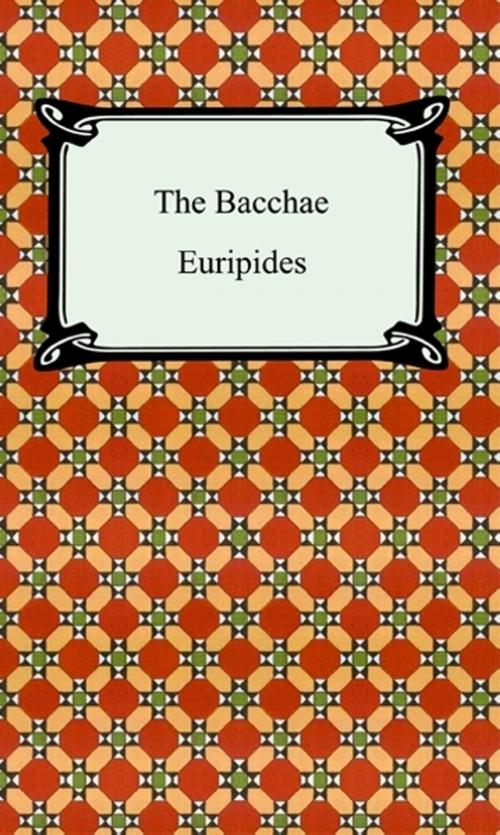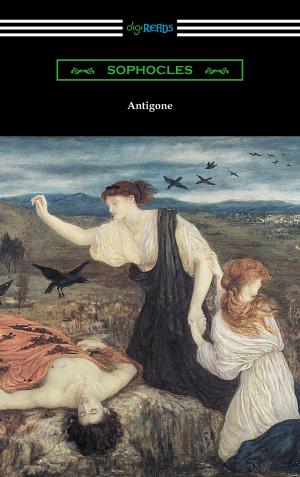| Author: | Euripides | ISBN: | 9781420904130 |
| Publisher: | Neeland Media LLC | Publication: | January 1, 2012 |
| Imprint: | Digireads.com Publishing | Language: | English |
| Author: | Euripides |
| ISBN: | 9781420904130 |
| Publisher: | Neeland Media LLC |
| Publication: | January 1, 2012 |
| Imprint: | Digireads.com Publishing |
| Language: | English |
Euripides, the youngest of the trio of great Greek tragedians was born at Salamis in 480 B.C., on the day when the Greeks won their momentous naval victory there over the fleet of the Persians. The precise social status of his parents is not clear but he received a good education, was early distinguished as an athlete, and showed talent in painting and oratory. He was a fellow student of Pericles, and his dramas show the influence of the philosophical ideas of Anaxagoras and of Socrates, with whom he was personally intimate. Like Socrates, he was accused of impiety, and this, along with domestic infelicity, has been supposed to afford a motive for his withdrawal from Athens, first to Magnesia and later to the court of Archelaues in Macedonia where he died in 406 B.C.Euripides's "The Bacchae" is considered by many to be one of his greatest surviving works. It is the story of Dionysus's arrival in Greece and his attempt to influence the people there to worship him.
Euripides, the youngest of the trio of great Greek tragedians was born at Salamis in 480 B.C., on the day when the Greeks won their momentous naval victory there over the fleet of the Persians. The precise social status of his parents is not clear but he received a good education, was early distinguished as an athlete, and showed talent in painting and oratory. He was a fellow student of Pericles, and his dramas show the influence of the philosophical ideas of Anaxagoras and of Socrates, with whom he was personally intimate. Like Socrates, he was accused of impiety, and this, along with domestic infelicity, has been supposed to afford a motive for his withdrawal from Athens, first to Magnesia and later to the court of Archelaues in Macedonia where he died in 406 B.C.Euripides's "The Bacchae" is considered by many to be one of his greatest surviving works. It is the story of Dionysus's arrival in Greece and his attempt to influence the people there to worship him.















